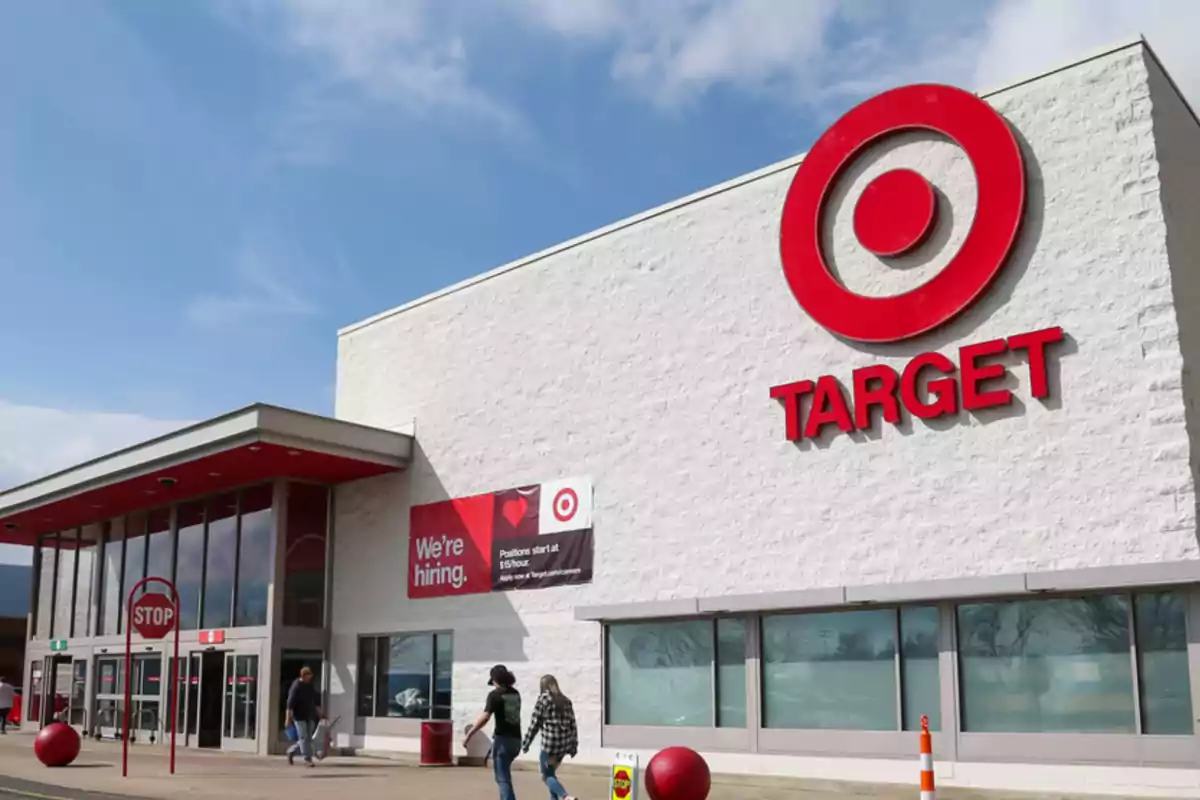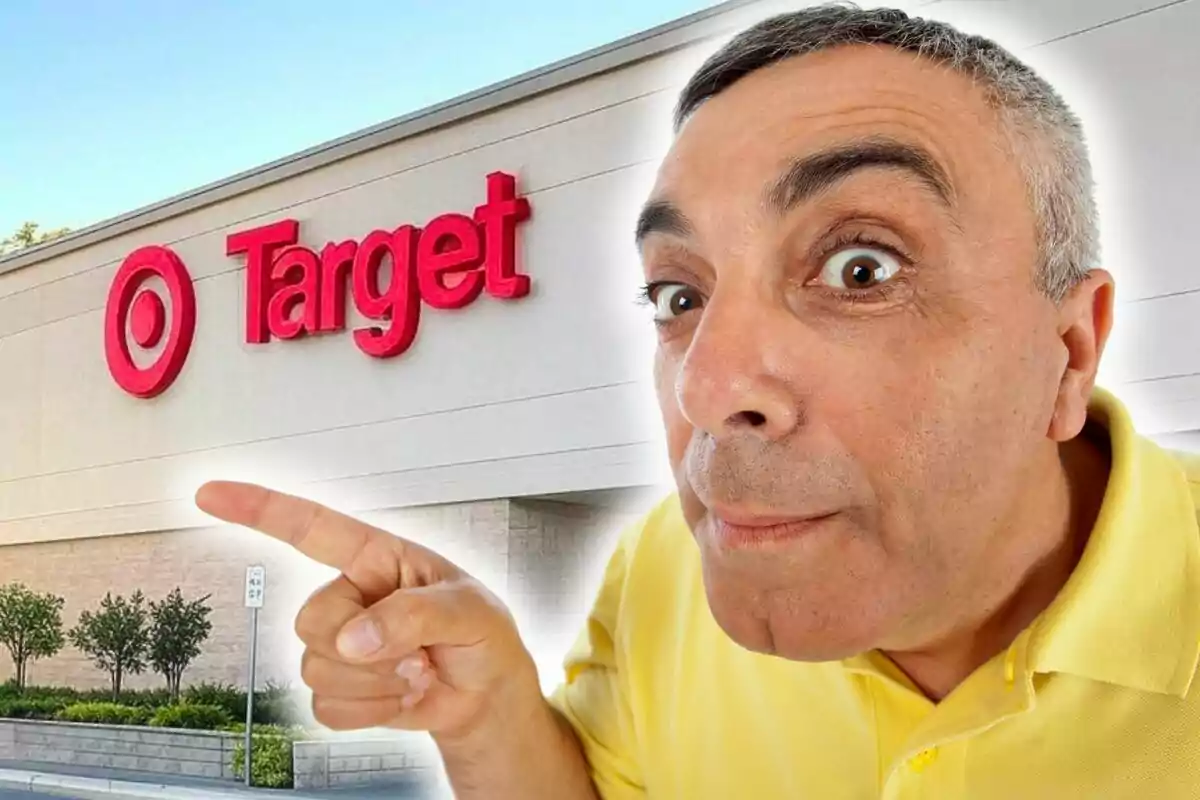Target is one of the largest chains in the U.S., with nearly 2,000 stores across the country. However, the company has been facing significant difficulties that directly impact its financial results. For several consecutive quarters, the chain has reported a decline in its comparable sales, which has put analysts and investors on alert.
Recently, in its first quarter 2025 earnings report, Target revealed a 3.8% year-over-year decrease in sales. In addition, an analysis by Placer.ai showed a 4.8% reduction in the number of customers who visited its stores during the quarter. The situation has worsened due to several external factors, most notably inflation and concerns about tariffs, which affect consumers' purchasing power.

The factors behind the sales decline
During an earnings call in May, Target's CEO, Brian Cornell, acknowledged that the company is facing an "exceptionally challenging environment." Consumers are changing their purchasing patterns, especially for non-essential products, due to high inflation. This has resulted in a decrease in sales of discretionary items that were popular during the pandemic.
Cornell also mentioned that the past five months have been marked by a notable decline in consumer confidence, which has added pressure to the stores' performance. This has been reflected in low sales of non-essential products, which has significantly affected Target's financial results.
The impact of DEI cuts
Throughout 2024, Target began to reduce some of its diversity, equity, and inclusion (DEI) policies, which caused a strong reaction from different groups. In particular, the Congressional Black Caucus (CBC) met with Brian Cornell in June to express its discontent over the cuts. Among the initiatives that were suspended are support programs for Black-owned businesses and the promotion of diversity within the workforce.

The CBC warned that the lack of a genuine commitment to DEI could irreversibly damage Target's reputation. The organization also highlighted that Black consumers have a significant impact on Target's sales. Any action they perceive as a setback in inclusion policies could result in a boycott.
Target's future amid the crisis
As Target struggles to restore consumer confidence, the company finds itself at a crossroads. Although Cornell has stepped up his efforts to repair the relationship with groups that feel marginalized, such as Reverend Al Sharpton, the damage could be deeper. The combination of declining sales and growing pressure from consumer groups is putting Target in a very vulnerable position.
The chain needs to effectively address both economic issues and social tensions to avoid further long-term damage. Without real change and a restructuring of its policies, Target's reputation and finances could be affected in the coming quarters.

